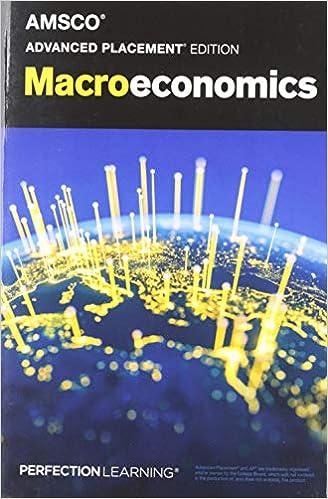Question
Informal institutions are: Select one: a.government laws. b.intentionally designed rules and guidelines for organizing society. c.are part of the symbolic structures that humans create to
Informal institutions are:
Select one:
a.government laws.
b.intentionally designed rules and guidelines for organizing society.
c.are part of the symbolic structures that humans create to give their activities significance and importance.
d.All of the above.
e.None of the above.
Less developed economies tend to have more informal activity than more developed economies because:
Select one:
a.the persistence of colonial legal structures means that formal institutions more often clash with the interests of the majority of people.
b.lower levels of income make complying with rules, regulations, laws, and social norms relatively more costly.
c.economic growth is a more recent phenomenon, and many existing informal institutions evolved before rapid structural change and economic development occurred.
d.All of the above.
e.None of the above.
Social capital refers to:
Select one:
a.private property held in the common trust by government.
b.funds used for projects with a social purpose.
c.the informal institutions that create & maintain networks of personal relationships that facilitate inter-personal transactions.
d.the total value of government-owned infrastructure in the economy.
Step by Step Solution
There are 3 Steps involved in it
Step: 1

Get Instant Access to Expert-Tailored Solutions
See step-by-step solutions with expert insights and AI powered tools for academic success
Step: 2

Step: 3

Ace Your Homework with AI
Get the answers you need in no time with our AI-driven, step-by-step assistance
Get Started


